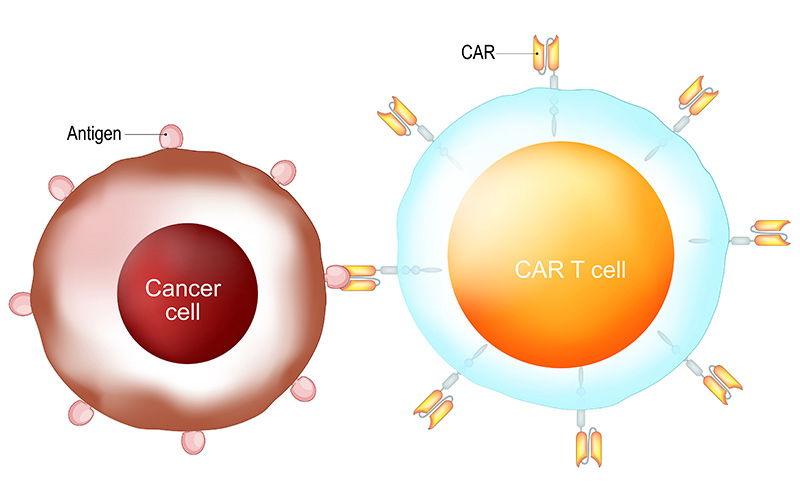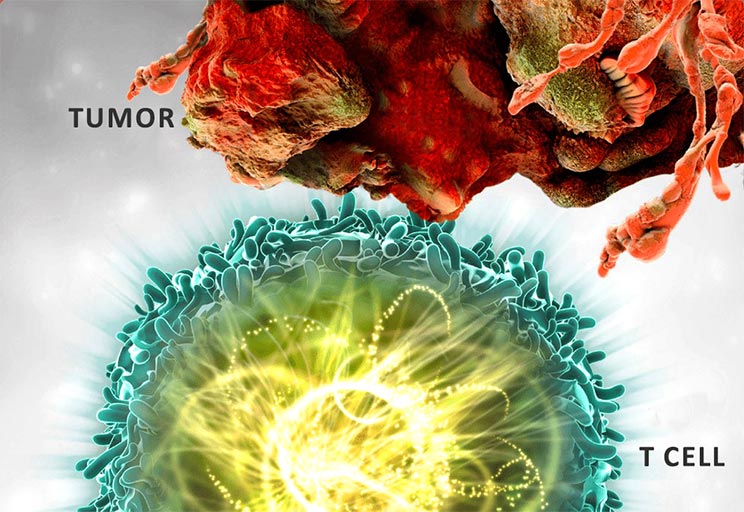
In the journey of our Cancer Immunotherapy blog series, let us introduce CAR-T cell therapy, another milestone in recent years in the field of immunotherapy that has revolutionized the modern medicine. Chimeric Antigen Receptor (CAR) T cell therapy utilizes T-cells, a type of white blood cell (immune cells), to fight cancer by engineering them ex vivo prior to infusing back into the patient. These CAR T-cells can specifically find and destroy cancerous cells. CAR T-cell therapy is a type of cell-based gene therapy or Adoptive Cell Therapy (ACT) as it involves gene alteration of T-cells that enables them to attack specific cancer cells.





